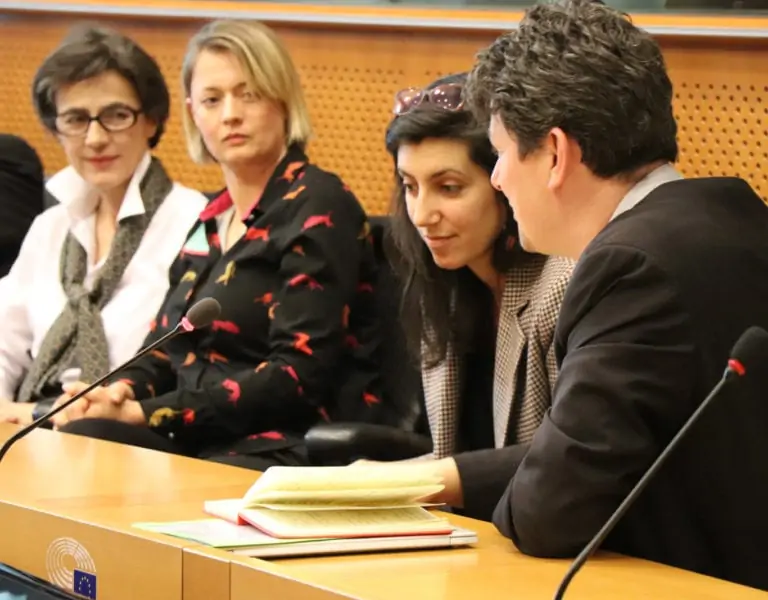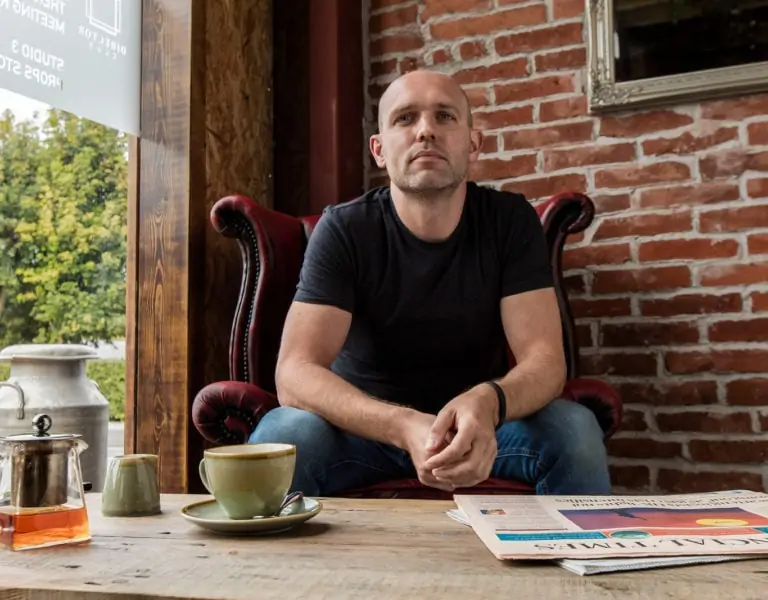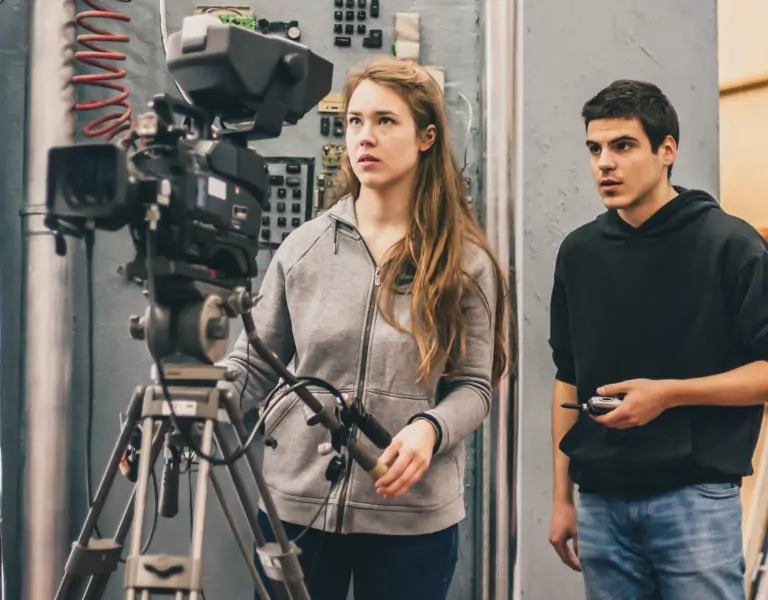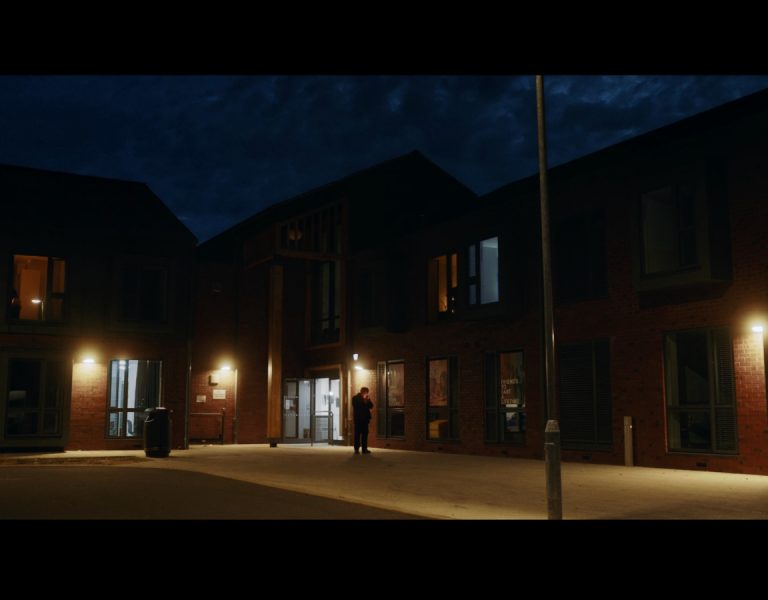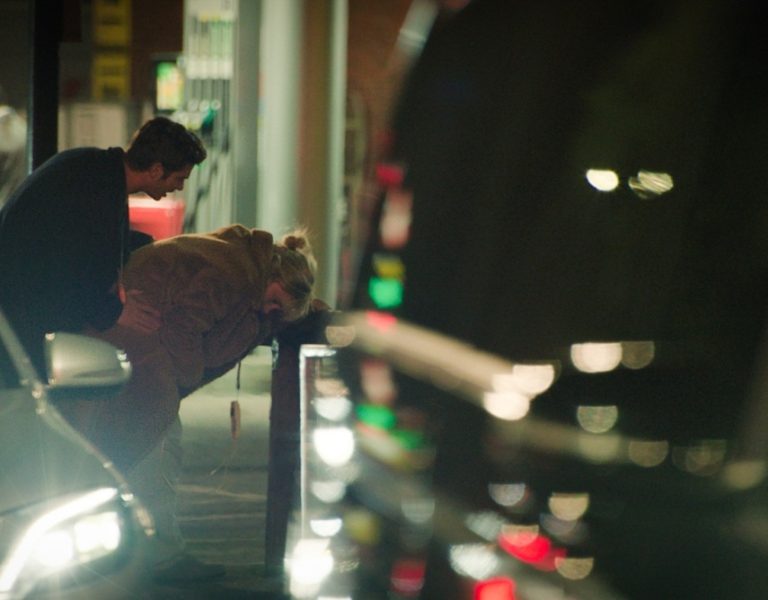CULTURE CHANGE
The TV and film industry work some of the longest hours in the UK and lag far behind other UK sectors on flexible working. Sarah Hayward examines the challenges faced and possible solutions to create a more equal society.
The government is consulting on a new Employment Rights Bill, intended to reform workers’ rights. This will include the right to switch off and not respond to calls and emails from employers outside their contracted hours. Ireland implemented this in April 2021. Other countries that have done so are: Australia, Belgium, Canada, France, Greece, Italy, Luxembourg, Portugal, The Philippines and Slovakia. It seems unlikely that this will affect the UK’s current practice of sending the Call Sheet and Movement Order long after wrap.
2023’s double strike impacted production in Los Angeles as badly as it did in the UK. Production levels were still down in the second quarter of 2024, according to the latest report from FilmLA. IATSE’s announcement on 25 June of this year was greeted with relief on both sides of the Atlantic. They’d reached a tentative agreement with the Alliance of Motion Picture and Television Producers and the fear of a potential third strike has been allayed. Major gains in this round of bargaining for the Basic Agreement deal were unusually high minimum wage increases, a $700 million infusion of funding into the union’s health and pension plans, language governing the use of AI in the workplace and new penalties for long workdays.
The British film industry is starting to feel a little less moribund. However, UK crews don’t get the same benefits and one particularly chilling section bodes ill for working conditions here. It is 5.b in Other Working Condition and Economic Improvements, which states: Except where a better condition exists, triple time will be paid after 15 hours elapsed in a workday. This is intended to discourage long working hours, but who wants to continue after 10 hours at most, let alone 15? It’s been proven time and again to be hazardous and detrimental to productivity, as well as physical and mental health. The TV and film industry work some of the longest hours in the UK and lag far behind other UK sectors on flexible working. The Film & TV Charity’s Looking Glass research suggests that 86% of people in film and television experience mental ill-health.
Joe Jackson, television camera operator, sums it up perfectly: “My industry had a meltdown in 2023 and since then I’ve only had 27 days freelance television work, plus two jobs cancelled with no cancellation fee. My phone didn’t ring, work emails stopped and despite knowing that colleagues across the industry were in the same position, I felt like a failure. The lack of job security scares the life out of me. I run the risk of losing my house every month and that has crippled my mental health. It’s still rocky out there, so I’ve taken a job in a bakery to tide me over. On the upside I can now make a blinding sourdough and croissants second to none.
“I’ve also learnt that it takes a lot of courage to turn your back on an industry that you have given so much time and effort to. The industry that had you working 12+ hours every day, seven days a week. The industry that squeezed every last drop out of you…and then stopped wanting you. With no explanation. But when the dust settles, and you take a look at yourself, you realise something special. You have a tonne of experience in an industry that only accepts the very best. You have worked under constant pressure and remained calm. You have handled multi million pound budgets with ease, and have multitasked every task imaginable. You don’t have a single skill set – you have a multitude of skill sets, tailored to problem solve every problem imaginable.”
The film and television industry needs these skills, but the long hours culture is leading to talent shortages. The solution is cogently presented in social enterprise Timewise’s excellent document: Designing a Blue print for a shorter working day: https://timewise.co.uk/wp-content/uploads/2024/02/Designing-a-blueprint-for-a-shorter-working-day-in-film-and-scripted-drama.pdf
Timewise’s mission is to create a healthier, more equal society where everyone has access to good flexible and part-time work, thus benefitting both employees and employers. They and BECTU Vision are leading a joint initiative to tackle the long-hours norm in film and TV, supported by Screen Scotland and The Film and TV Charity, in collaboration with BBC Drama. Following a six-month programme of interviewing industry experts including commissioners, heads of production and directors alongside production teams and crew about their working hours and the impact on their lives, they have concluded that preventing the loss of experienced crew due to the long hours is key and greater use of flexible working and shorter working days could also potentially ease the pressure on crew, help production companies support wellbeing and foster greater creativity. The report challenges the long-held resistance to trialling this approach, due to the perceived additional costs it could bring. In actual fact their analysis suggests that it could be done with only a 4% uplift in budget and the proven increase in productivity is likely to offset, if not equal, any possible increased costs.
Timewise started out as Women Like Us and was co-founded by Emma Stewart MBE and Karen Mattison MBE, friends and colleagues for 20 years. They met when Stewart was working in production on television documentaries and Mattison was in the charity sector, both of them struggling to balance family life and full-time work. Their latest social enterprise is Cook for Good, (https://www.cookforgood.uk/) which is tackling food insecurity, social isolation and barriers to work on a social housing estate in Kings Cross. Further proof of transferable skills, tailored to problem solve every problem imaginable.
